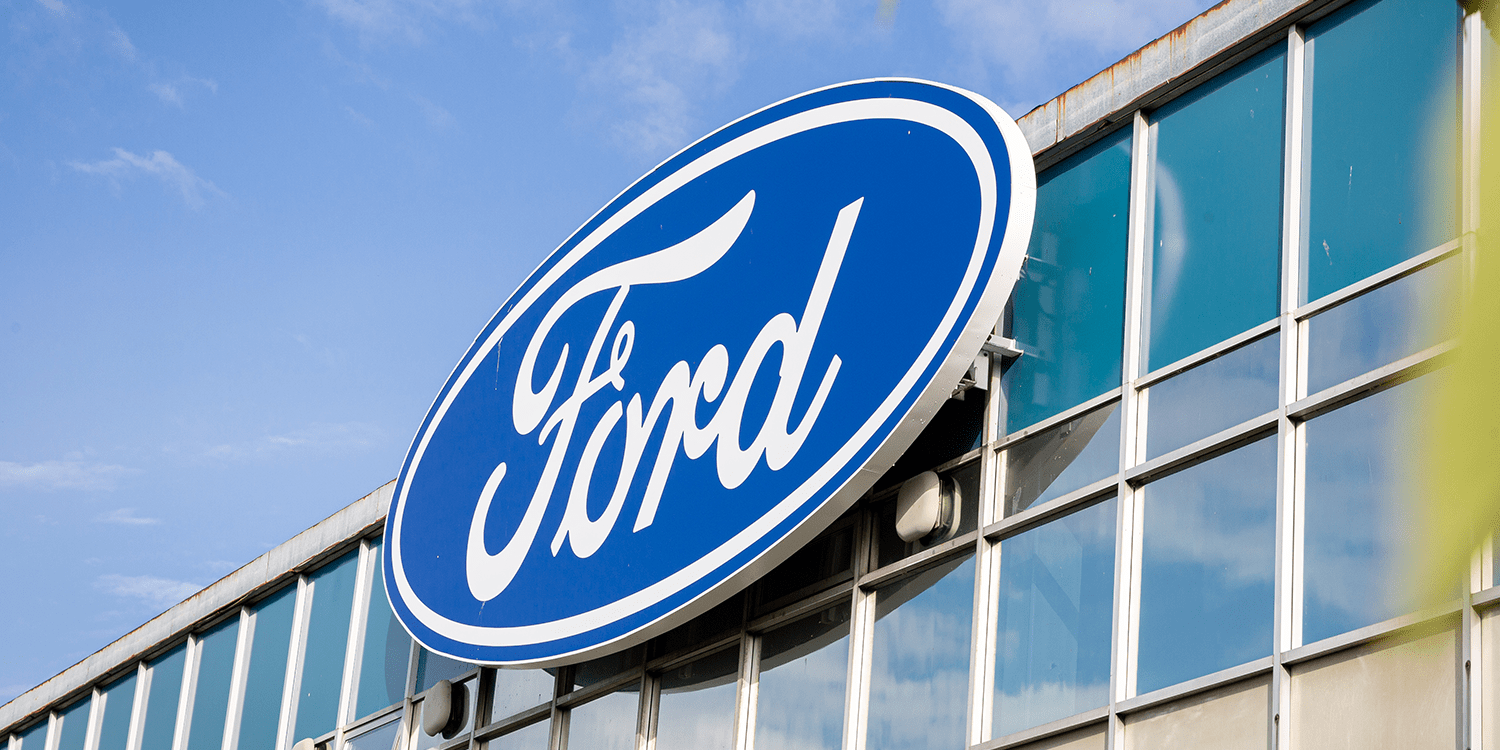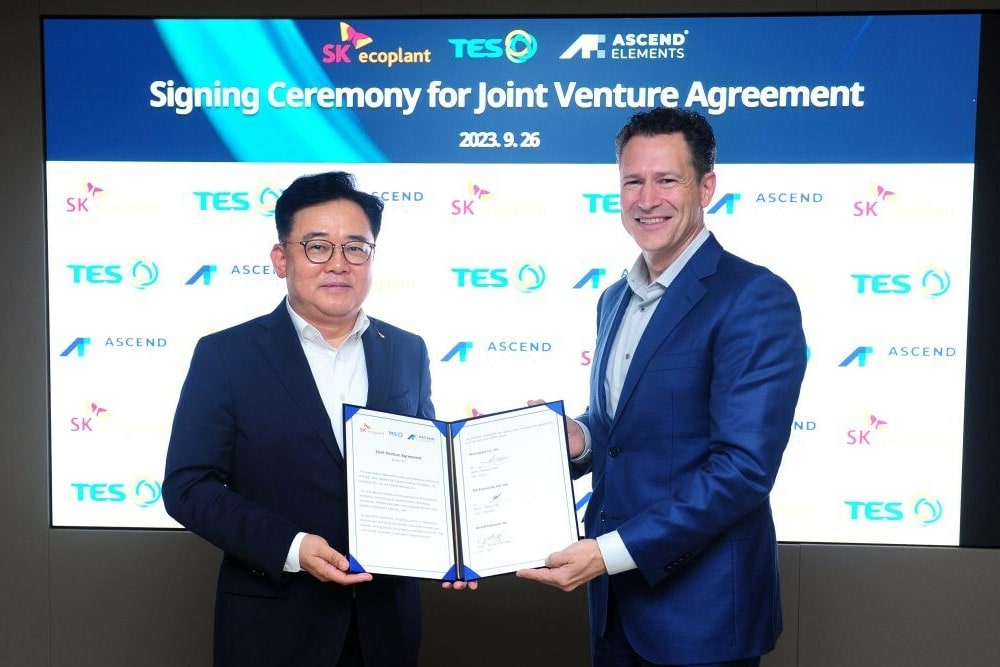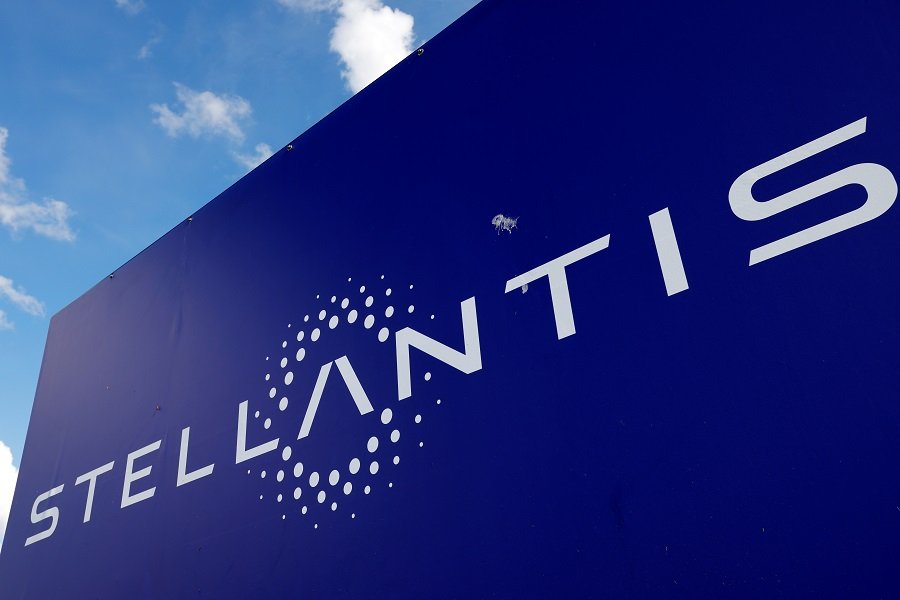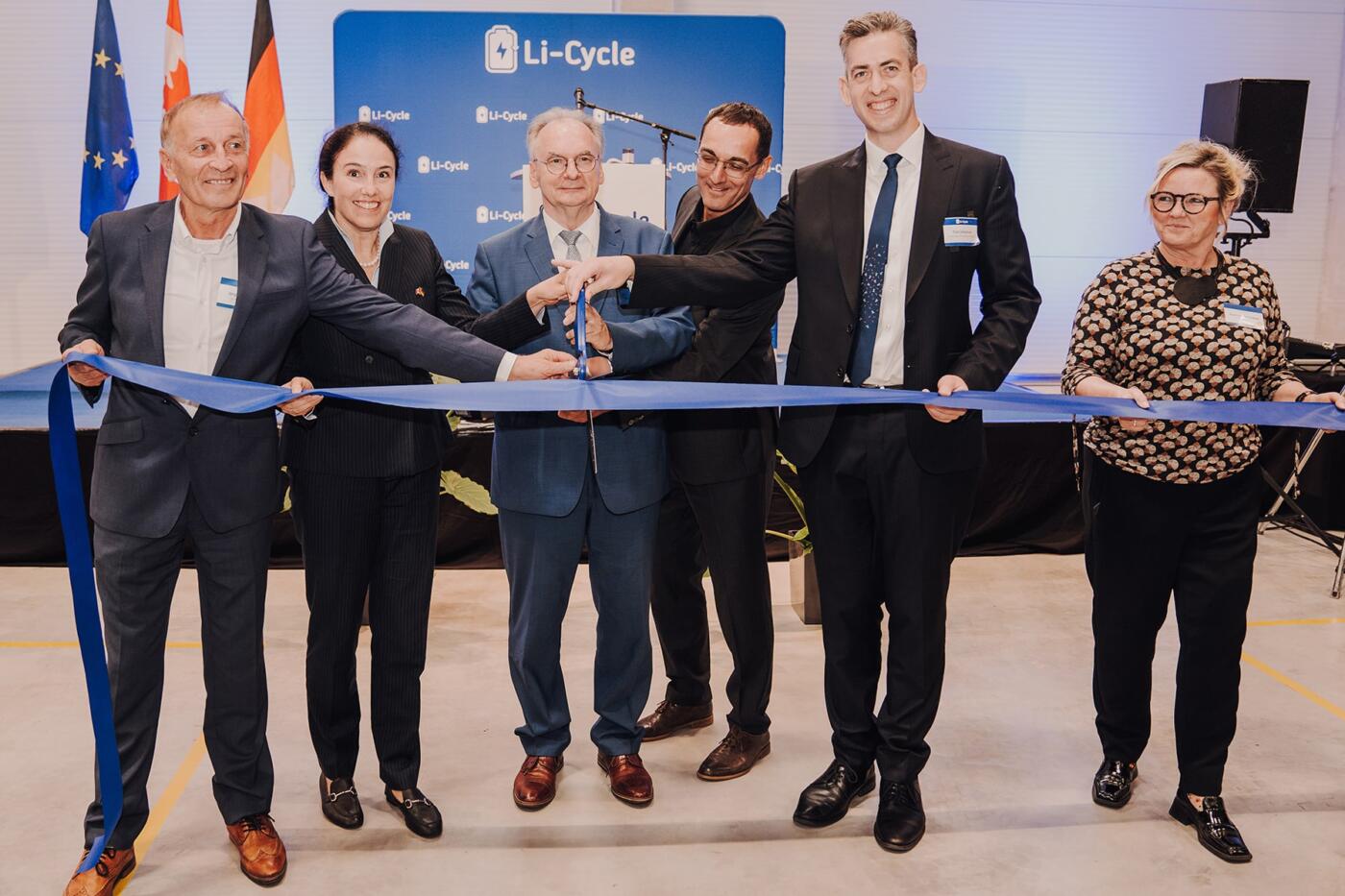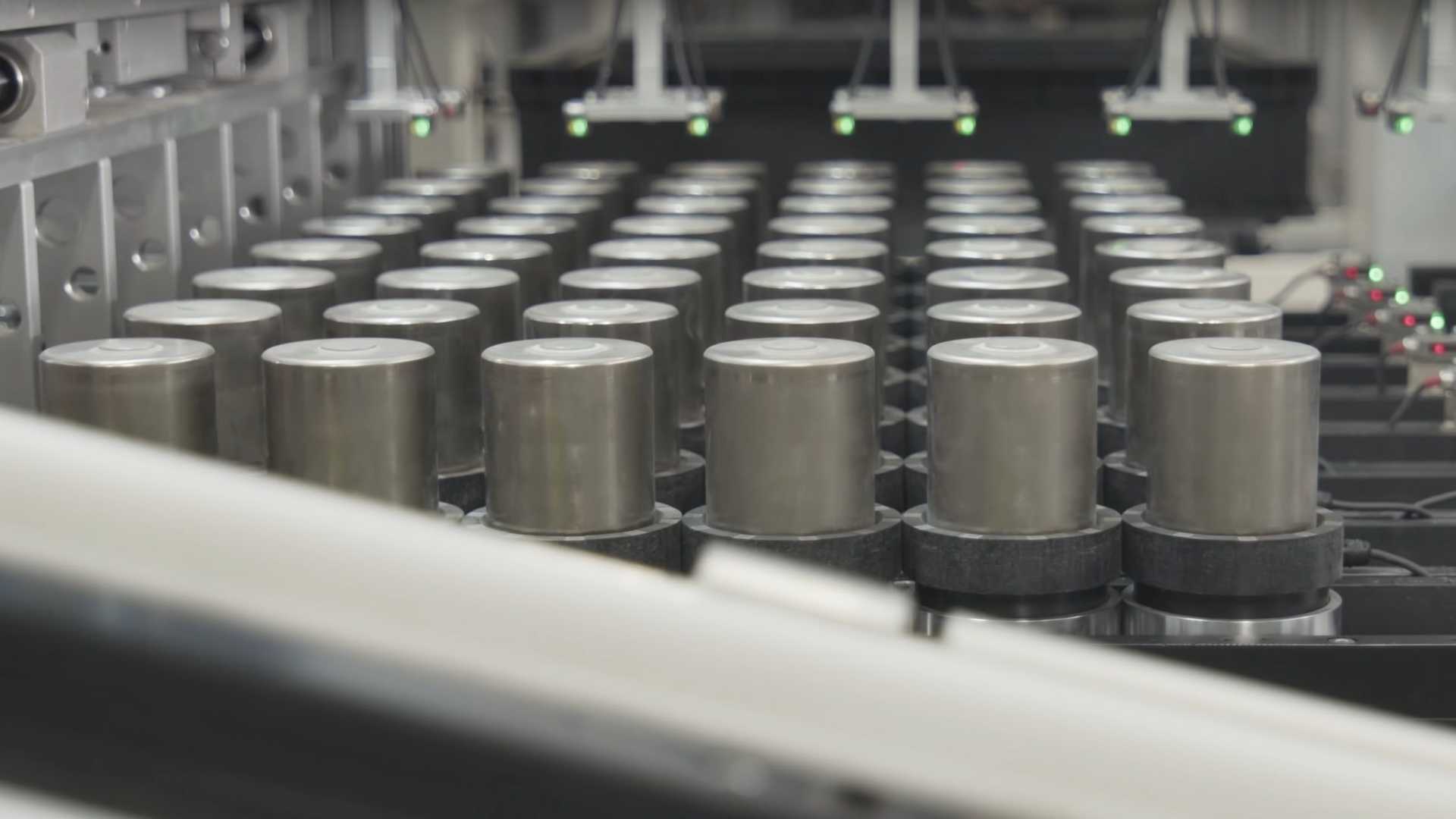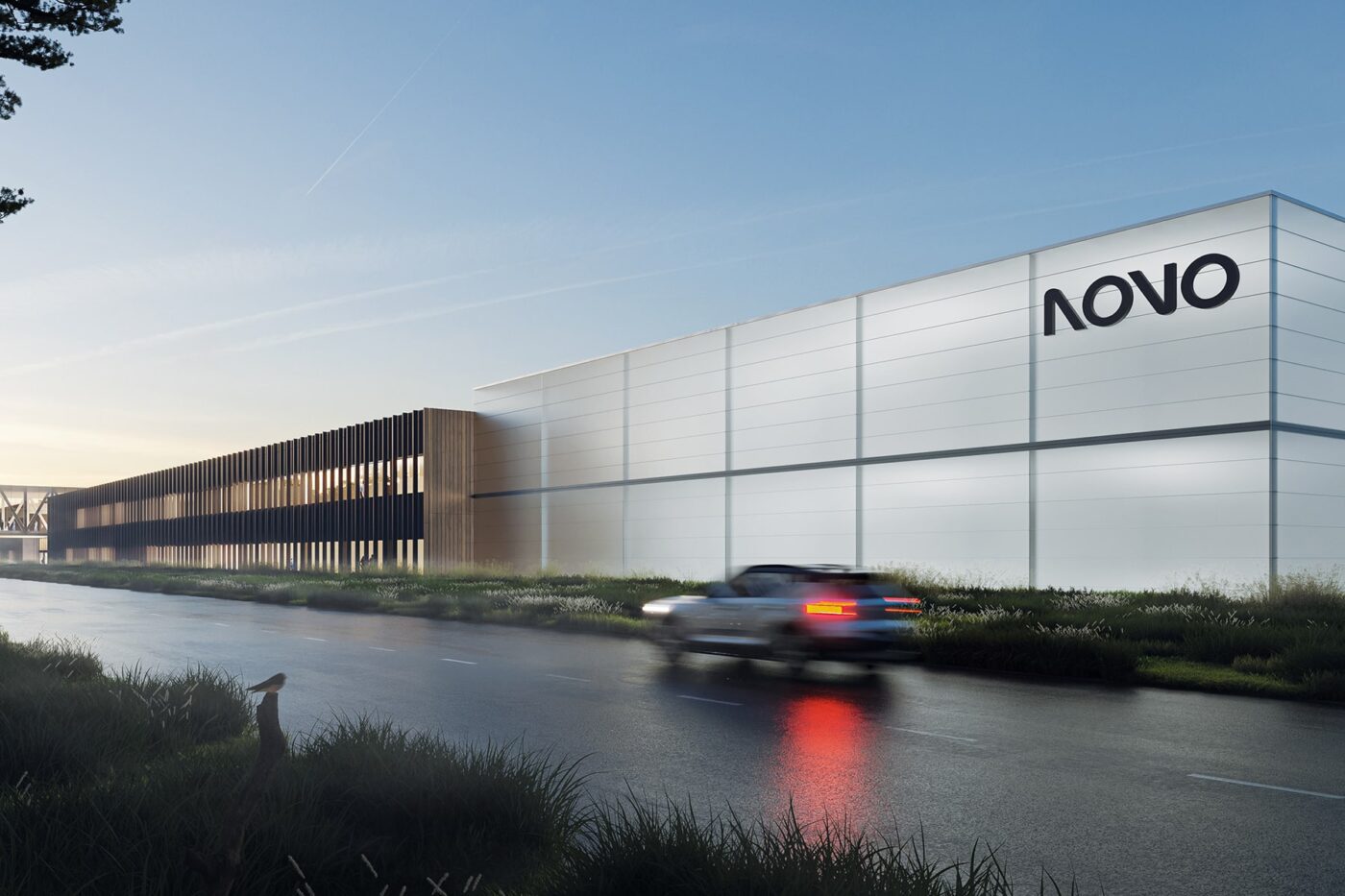Ford, in a surprising move, has announced the suspension of construction on its highly-anticipated $3.5 billion Blue Oval Battery Park in Michigan. This facility was designed to play a crucial role in Ford’s electric vehicle (EV) ambitions, specifically in the production of lithium iron phosphate (LFP) cells for their EV lineup.
Initially slated to commence operations in 2026, the Blue Oval Battery Park was projected to have an annual capacity of 35 GWh, capable of supplying power to approximately 400,000 EVs annually. This endeavor was central to Ford’s commitment to its electric transition. However, the project’s timeline now hangs in the balance, with Ford providing no clear indication of when construction might resume.
See also: Ford Revamps High-Speed Oval Test Track at Lommel Proving Grounds for Electric Vehicle Development
Ford spokesman T.R. Reid, speaking to The Detroit News, stated, “We’re pausing work, and we’re going to limit spending on construction at Marshall until we’re confident about our ability to competitively run the plant.”
The decision to halt construction has raised eyebrows and questions, with concerns emanating from both political figures and national security experts. At the heart of the controversy is Ford’s partnership with Contemporary Amperex Technology Co. Limited (CATL), a company alleged to have ties to the Chinese Communist Party (CCP). Worries have centered on the potential influence the CCP might wield over U.S. industries, particularly within the EV supply chain. Critics argue that such partnerships could compromise national security, a concern further magnified by escalating geopolitical tensions.
See also: Upcoming Tesla Cybertruck Electric Pickup Come With Hardware 4
Ford’s alignment with CATL was partially influenced by the Inflation Reduction Act, which incentivizes automakers to prioritize domestically sourced batteries. This policy shift has triggered a flurry of battery factory announcements across North America over the past year, but it has also brought into focus the delicate balance between economic incentives and national security considerations.
As Ford reevaluates its approach to the Blue Oval Battery Park project, the future of its electric vehicle production plans remains uncertain, raising questions about the company’s ability to navigate the complex landscape of EV manufacturing in an era of heightened global tensions.

